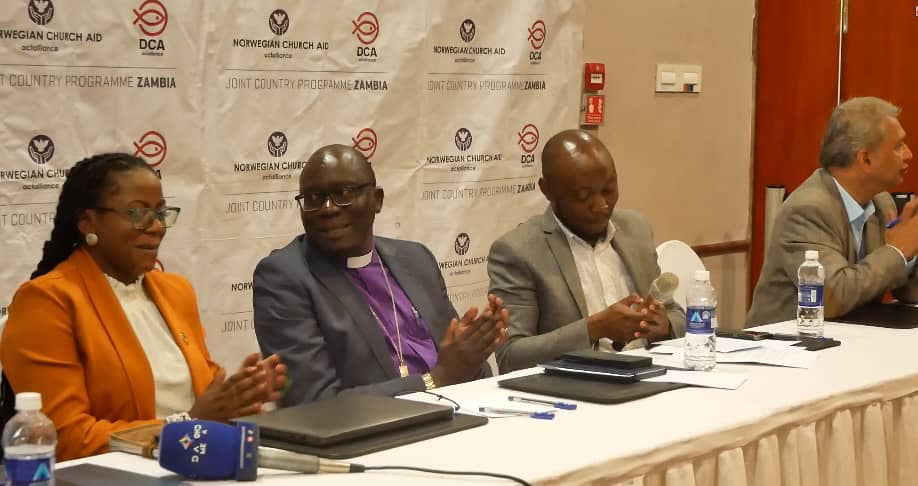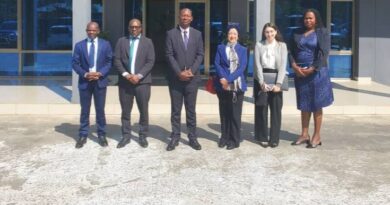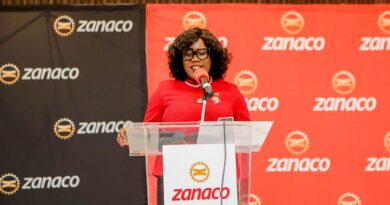CSOs Criticize 2025 National Budget for Lacking Focus on Key Sectors
Civil Society Organizations (CSOs) in Zambia have raised concerns over the 2025 national budget, stating that while it includes some positive initiatives, it falls short in crucial areas needed for economic recovery and sustainability.
Speaking at a press conference in Lusaka, Bishop Emmanuel Chikoya, General Secretary of the Council of Churches in Zambia (CCZ), criticized the reduction of funding in vital sectors like climate change and agriculture, which he believes paints a bleak picture of Zambia’s progress.
Bishop Chikoya suggested that a portion of the Farmer Input Support Programme (FISP) budget be reallocated to address the 2.1 million metric ton maize deficit in the national food balance sheet. He also called for an increase in budget allocation for the Ministry of Mines and Minerals Development to at least 2% of the national budget to reflect the sector’s contribution to national revenue.
Bishop Chikoya further stressed the importance of renewable energy projects, advocating for their implementation alongside efforts to modernize traditional energy infrastructure and electrify rural areas. He noted that these projects should target marginalized communities and contribute directly to poverty alleviation, rather than focusing solely on commercial applications.
He proposed a phased approach, prioritizing immediate energy needs like electrification and petroleum in the short term, while gradually scaling up investments in renewable energy.
The concerns were echoed by Maggie Mwape, Executive Director of the Centre for Environment Justice (CEJ), who noted that while the environmental protection budget saw a modest increase, cuts in areas like the green economy were troubling.
Mwape urged the government to factor in inflation when allocating future budgets to ensure that environmental protection sectors can maintain their operational capacity. She also recommended resource reallocation to sectors with strong potential for climate resilience and sustainable growth, such as green economy initiatives.
Nsama Chikwanka, National Coordinator of Publish What You Pay (PWYP) Zambia, urged the government to ensure that the benefits of the country’s mineral resources are distributed equitably among citizens. He called for greater transparency and accountability in the extractive industries to ensure Zambia’s natural wealth contributes to broader national development.
The CSOs’ critiques highlight the need for a balanced and inclusive budget that addresses immediate national needs while preparing for long-term sustainable growth.



